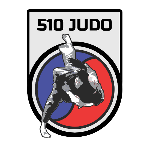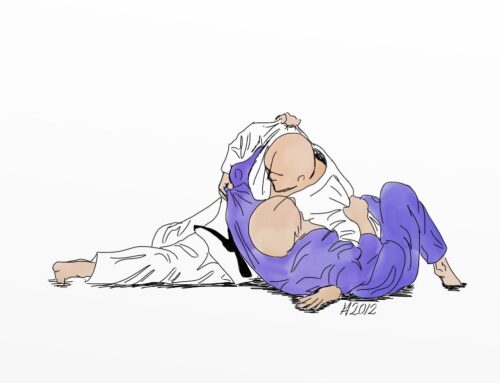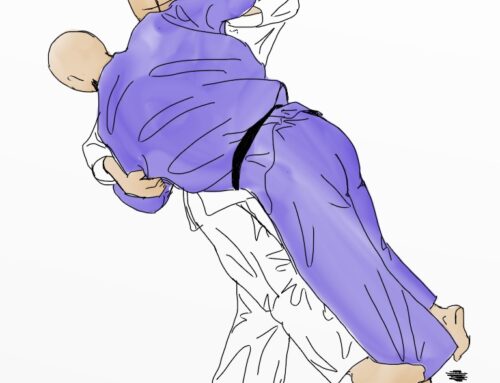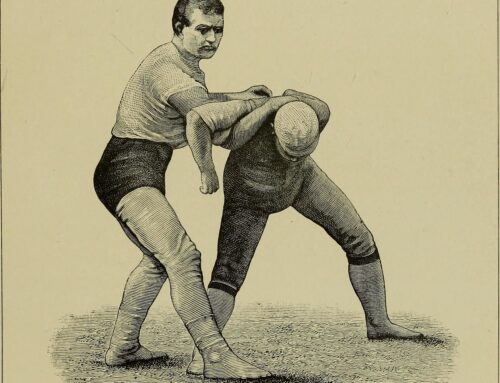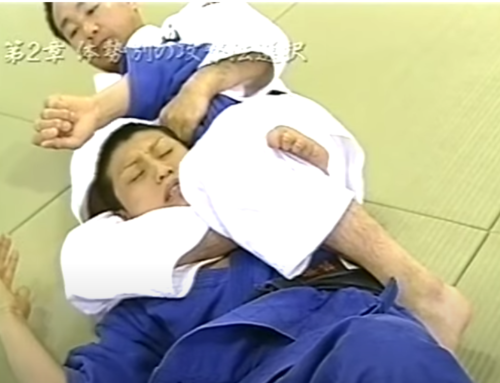Yoko Otoshi and Uki Waza both fall in the category of sacrifice throws, or sutemi waza. Sacrifice throws can be very useful, but only at the right moment.
Spamming unsuccessful sacrifice throws can make for a very frustrating randori session for your partner, and in competition they will actually penalize you for it. If a throw is attempted and there is obviously no real chance of success, you will be given a shido (penalty) for “false attack.” This can be any throw, not just sacrifice throws, but it happens more often with sutemi waza.
Keep in mind the recently revised 510 Judo rules for sutemi waza:
- Youth Program: no sacrifice throws – exceptions for competitors and those ranked sankyu blue belt and above
- Adults: no sacrifice throws for Novice belts (white through green)
- No white, yellow, or green belt may attempt a sutemi waza during randori
- No white, yellow, or green belt may be thrown with sutemi waza during randori
- All adults are welcome to drill sutemi waza with a compliant uke
